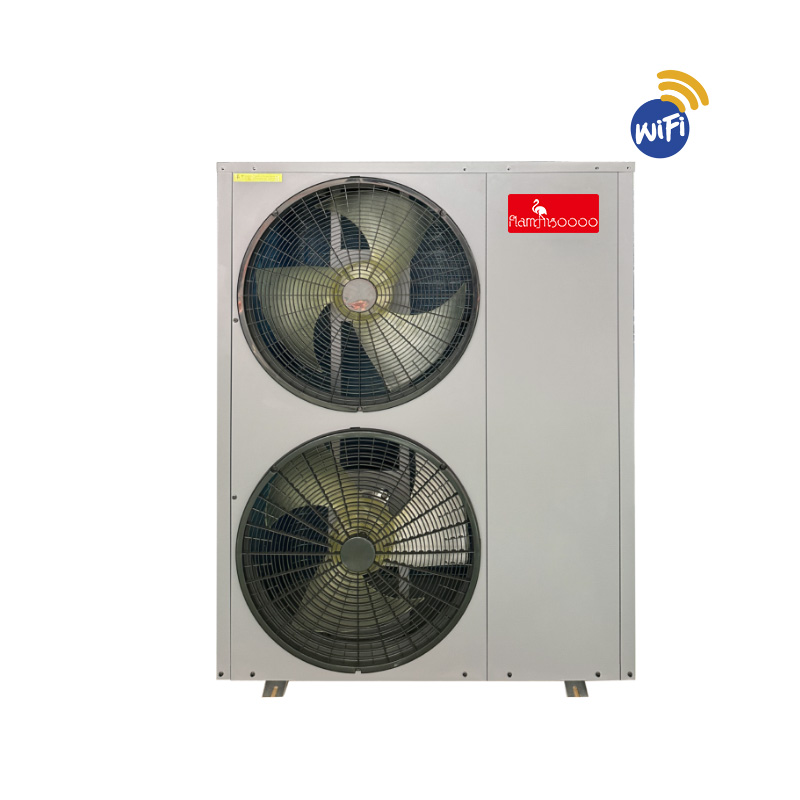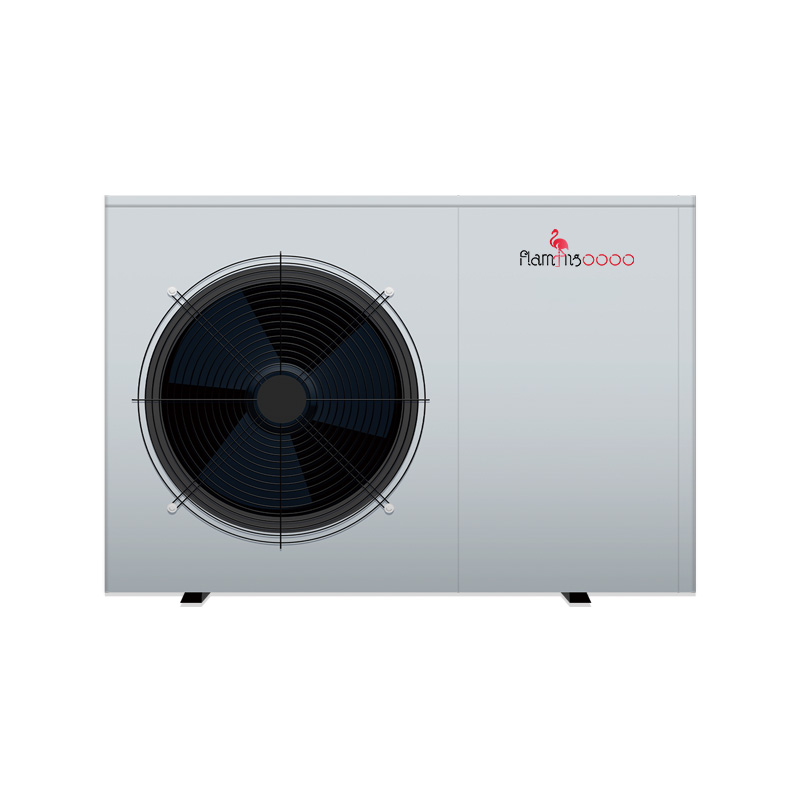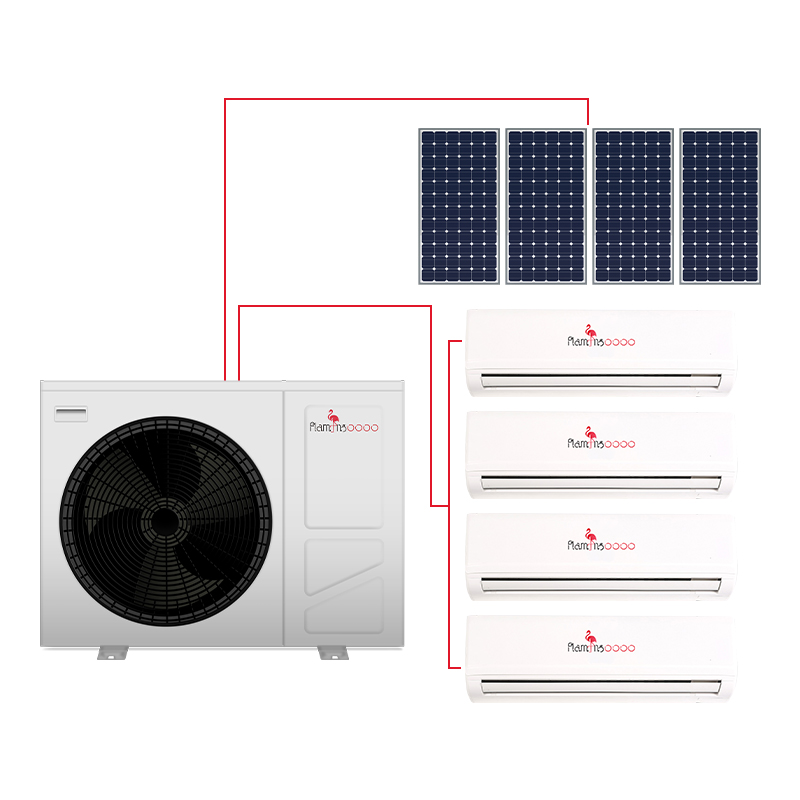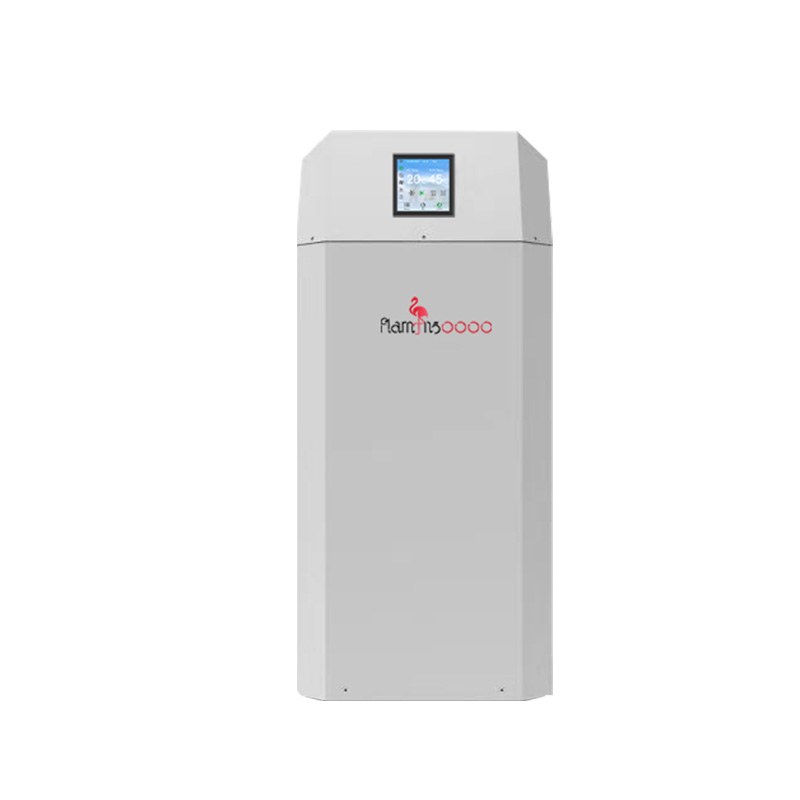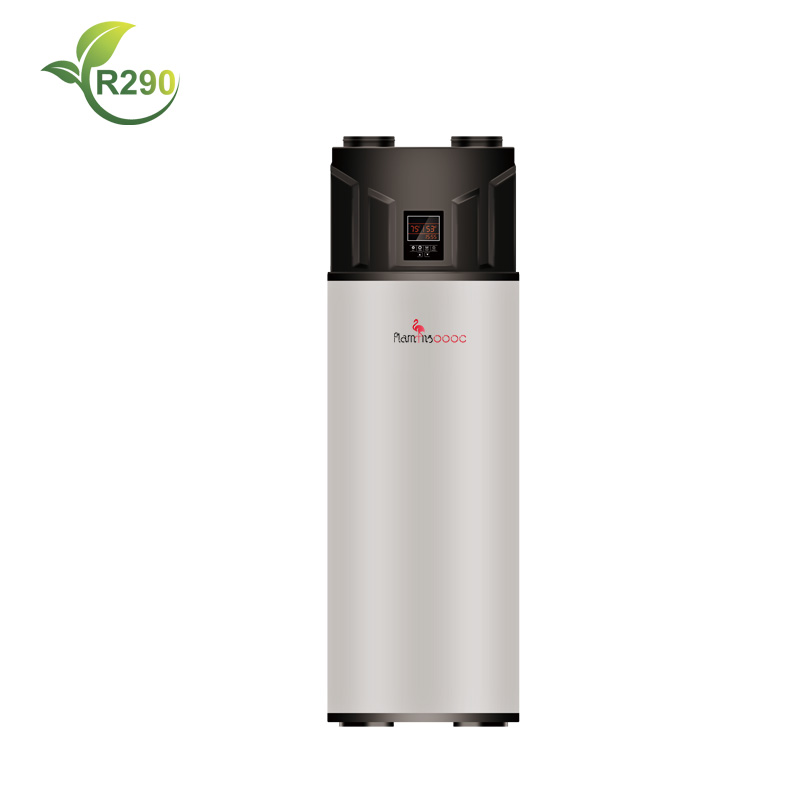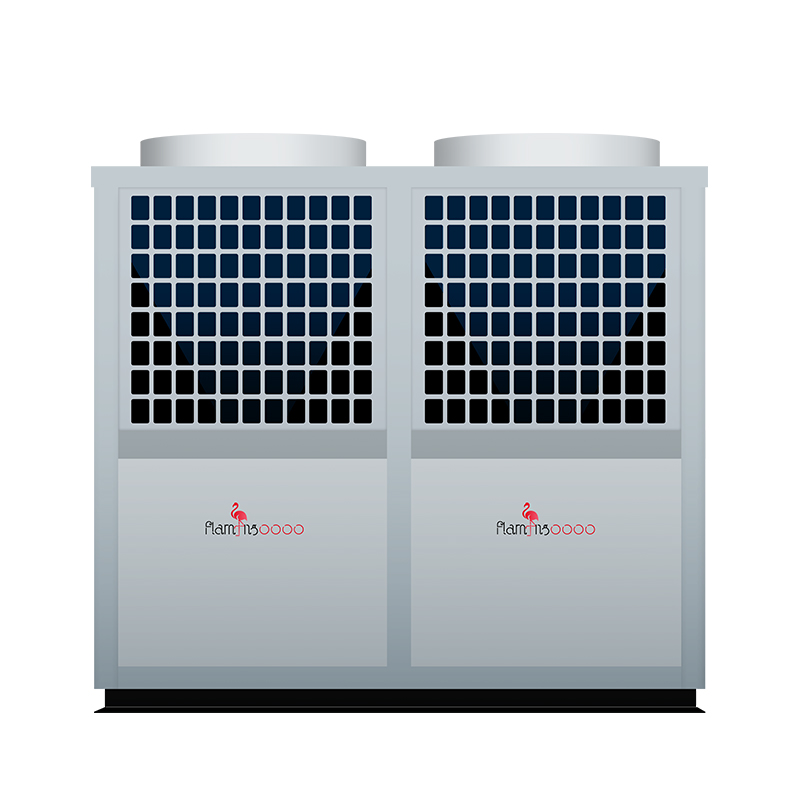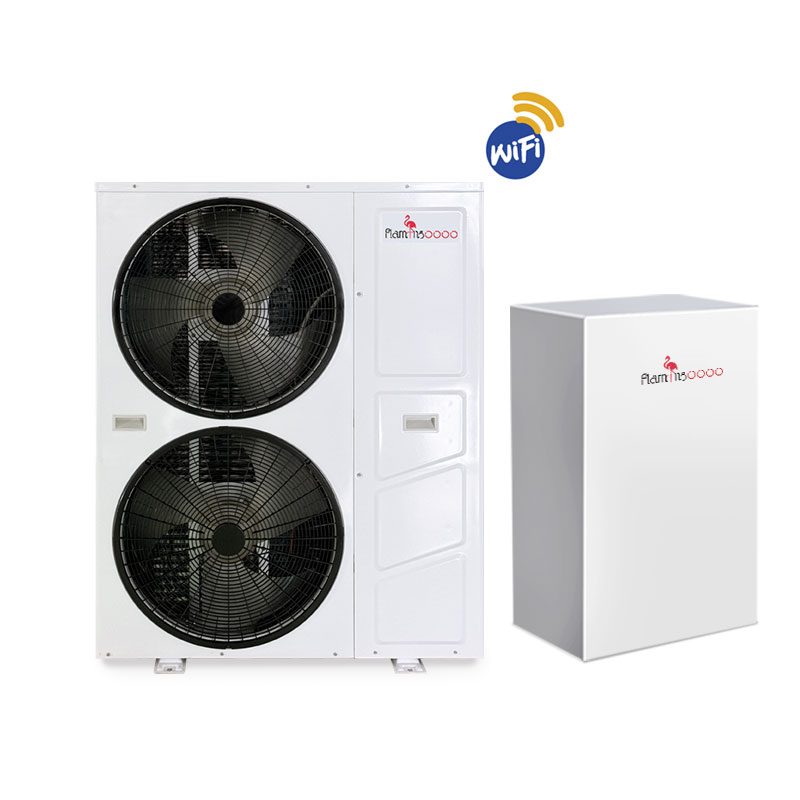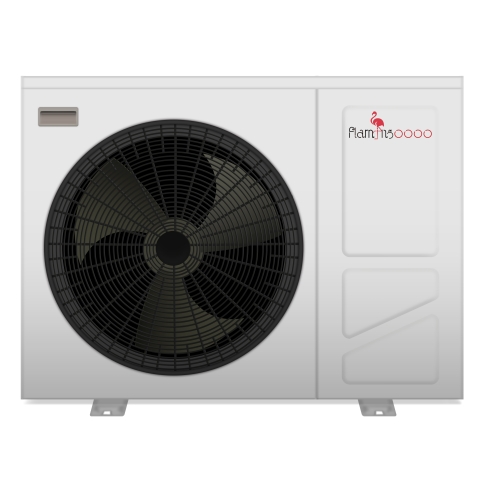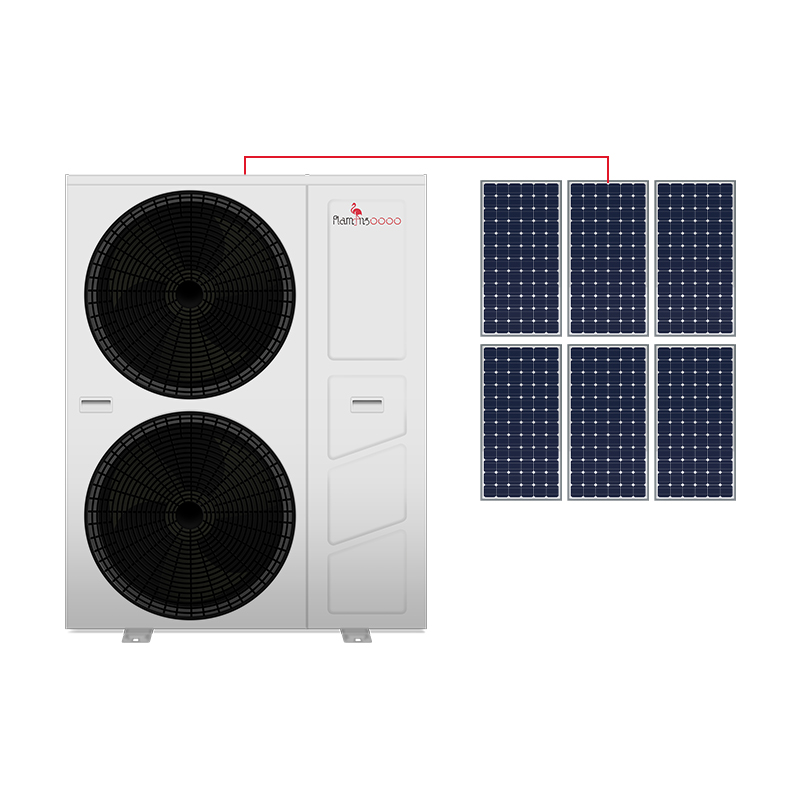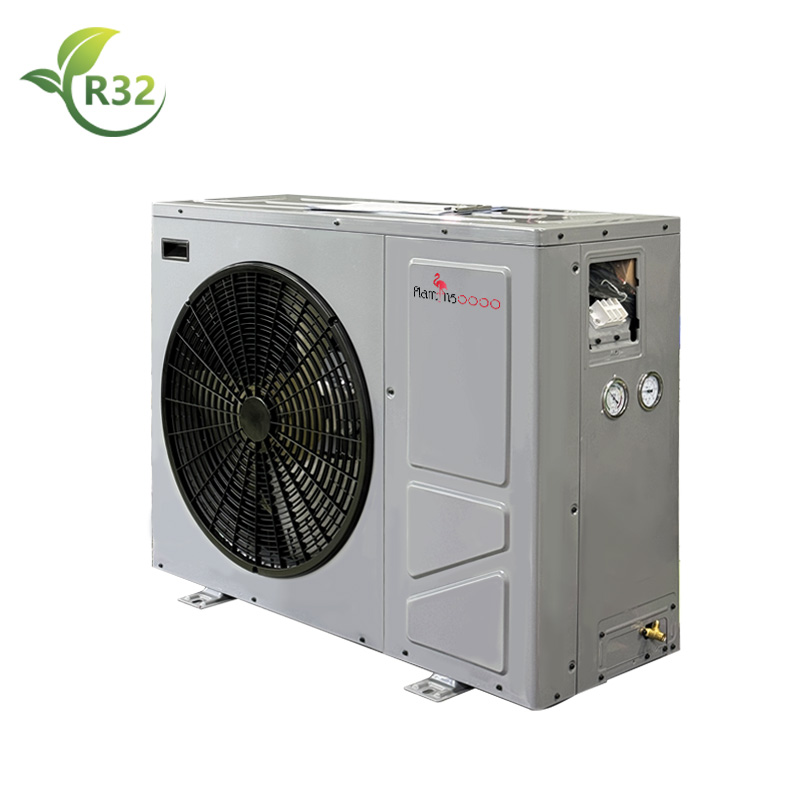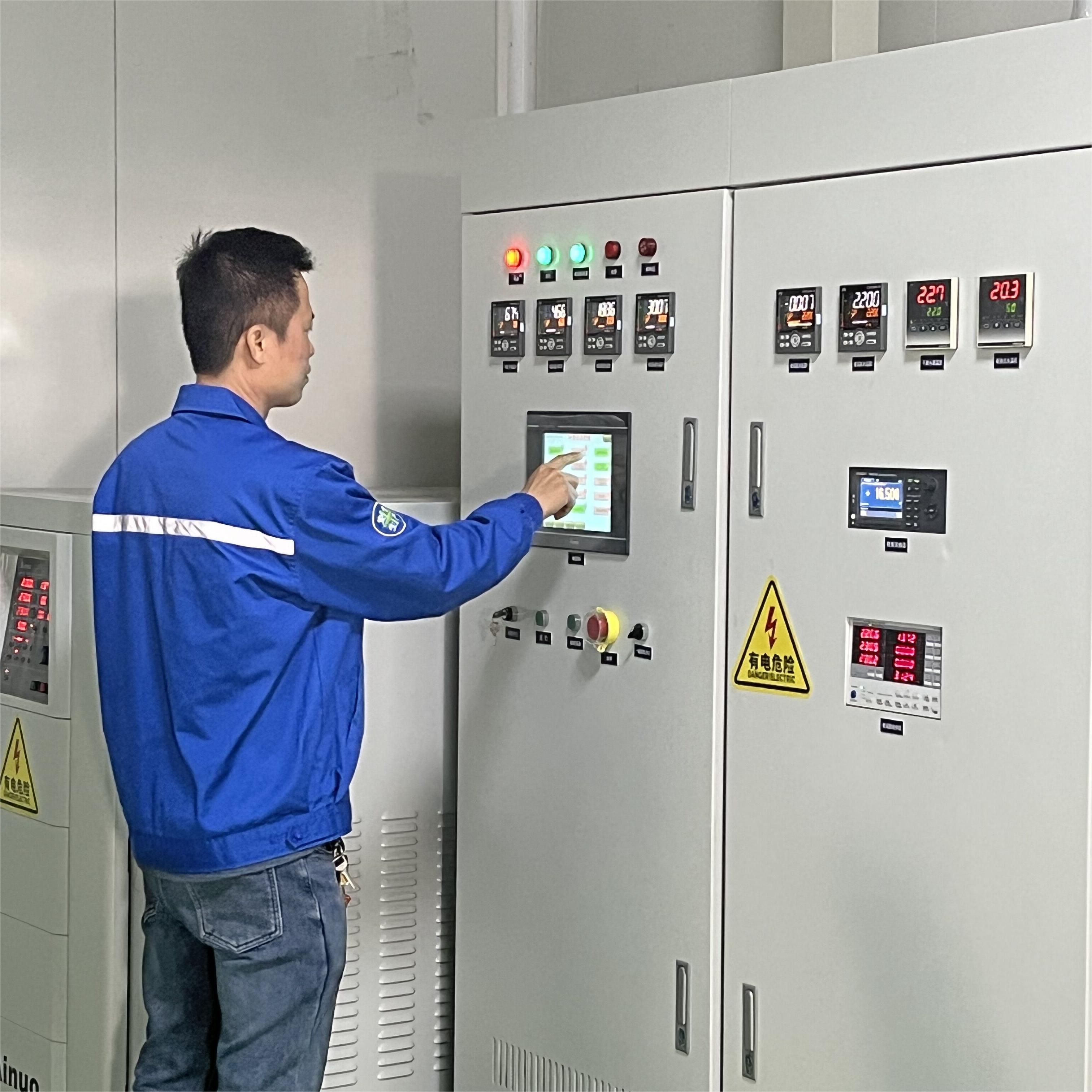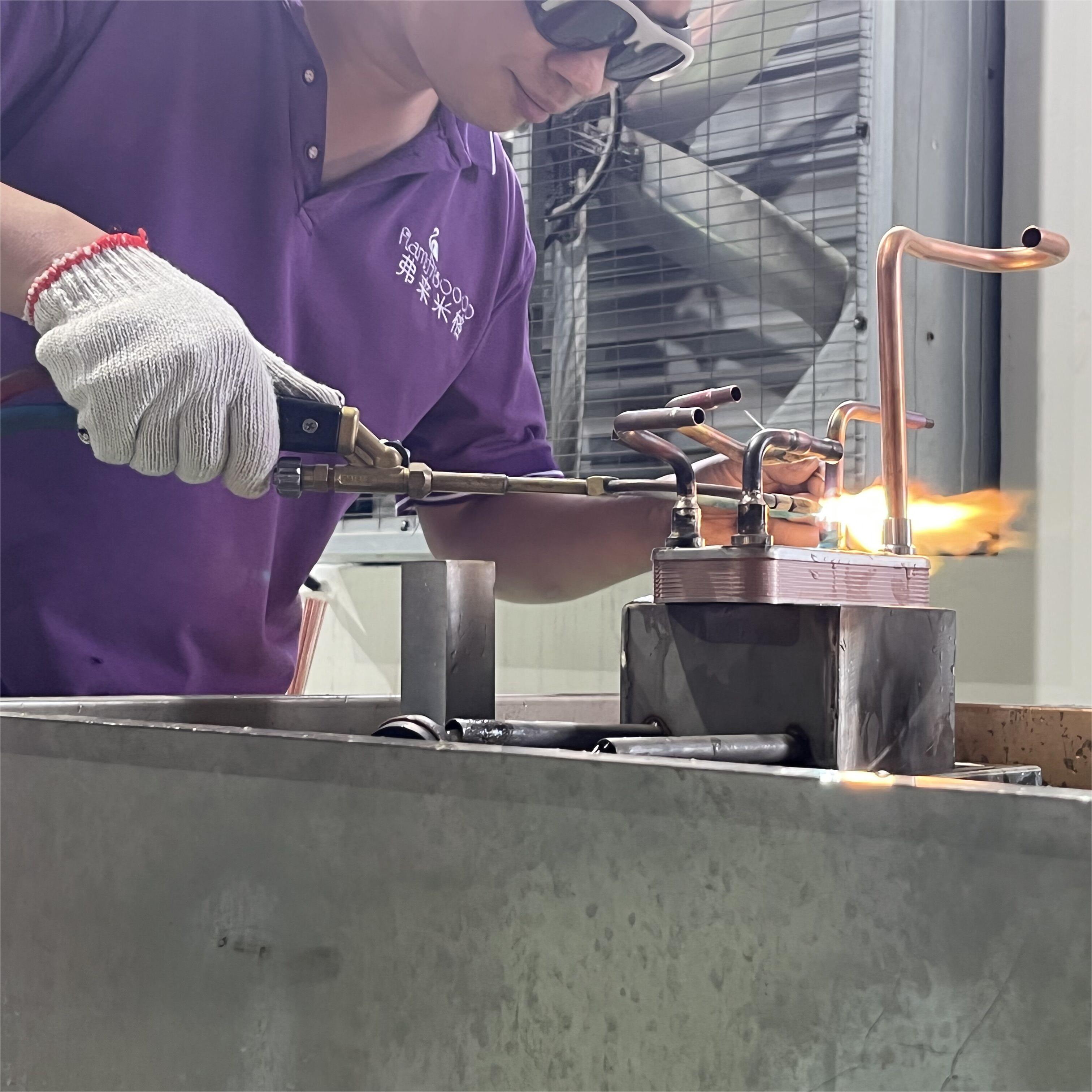What is the Lifespan of a Heat Pump?
Heat pumps are indispensable appliances for numerous individuals globally, addressing both cooling and heating requirements effectively. Essentially, a heat pump operates by moving heat from one place to another. Consequently, during colder periods, it extracts warm air from the external environment to heat your home, while in warmer seasons, it expels warm air from indoors to the outside, effectively cooling your home. This dual capability not only enhances the versatility of heat pumps but also contributes significantly to their widespread adoption due to their efficiency.
The average lifespan of heat pumps typically ranges from 10 to 15 years, although newer models may last up to 20 years. However, factors such as quality, installation, usage, and maintenance can significantly influence a heat pump's lifespan, potentially extending it beyond manufacturer estimates.
Factors Affecting the Lifespan of Heat Pumps:
The Quality of Heat Pumps
Quality in a heat pump refers to its construction integrity and performance standards. Like any mechanical product, premium brands are known for their consistent production of reliable, high-quality units. These top-tier heat pumps utilize superior materials, advanced technology, and undergo rigorous quality control measures.
While not all expensive models necessarily outlast budget-friendly options, there's typically a correlation between price and durability where build quality and performance are concerned. Consequently, homeowners should prioritize long-term savings over initial costs, especially considering potential repair expenses associated with cheaper, lower-quality heat pumps.
Installation Quality
While the heat pump unit itself is crucial, the quality of installation plays a significant role. Improper installation can shorten the lifespan of even the best units. Professional installation ensures optimal operation by considering home dynamics and unit specifications while safeguarding the heat pump.
Conversely, amateur DIY installations or those performed by inexperienced technicians may result in issues such as faulty wiring, improper sizing, and other factors that strain the system, reducing its longevity and efficiency.
Heat Pump Usage
How a heat pump is used greatly impacts its lifespan. Continuous operation at maximum levels, even when unnecessary, can shorten its lifespan. Conversely, irregular usage, followed by sudden maximum operation, can also strain the system. Balancing usage according to the home's heating requirements is key.
Care and Maintenance
Regular maintenance and consistent checks are essential for prolonging a heat pump's lifespan. Regular inspections ensure all components are in good condition and functioning properly. Tasks such as cleaning filters and replacing faulty ones, as well as checking electrical connections and refrigerant levels, are crucial for optimal functioning and longevity.
So what do you do if you want to extend the life of your heat pump or ensure it reaches the maximum average life indicated by the manufacturer? Here are some actions that can help you achieve this goal:
Regular Professional Maintenance Checks
Ensure your heat pump remains efficient and durable by scheduling regular professional maintenance checks. Think of these inspections as performance evaluations for your unit. It's crucial to prioritize the quality of these checks; simply conducting them yourself isn't sufficient. Professional technicians possess the expertise to identify issues that may go unnoticed by untrained eyes. Their thorough assessments and recommendations can address problems before they escalate, preserving the pump's quality and extending its lifespan.
Maintain Filters
Maintaining clean filters is essential for your heat pump's performance. Filters play a vital role in removing dust and other particles from the air, ensuring clean indoor air quality. Over time, filters become clogged, straining the system and reducing its lifespan.
Ensure Ventilation and Clearance
Proper ventilation is key to ensuring your heat pump operates optimally and lasts longer. Adequate ventilation prevents overheating and allows the unit to function efficiently. Professional installation ensures there are no obstructions, and you should also ensure that future home developments or decorations don't block the heat pump's airflow.
Protect Against External Factors
While ventilation is important, it's crucial to shield your heat pump from external elements like extreme weather. Exposure to such factors can accelerate wear and tear, leading to rust and other damage. Extreme temperatures can cause cracks, while debris like snow and leaves can further harm the unit. Consider using protective covers or placing the unit in a shaded area.
Deciding Between Repair and Replacement
At some point, you'll need to decide whether to repair or replace your heat pump. Initially, repairs may be the best option. However, if repairs become frequent, they may end up costing more in the long run compared to replacing the entire unit. Moreover, continual repairs, especially alongside aging parts, can decrease efficiency and lead to higher electricity bills.

